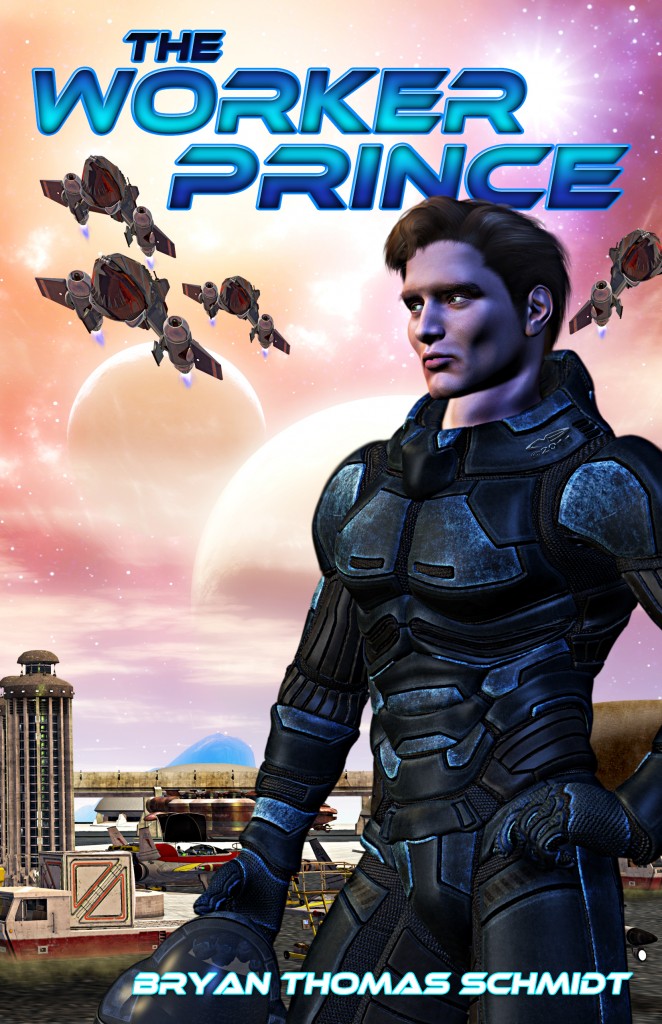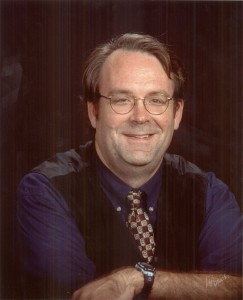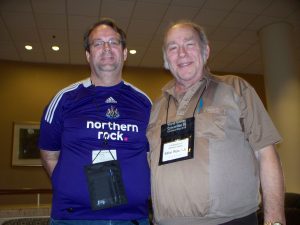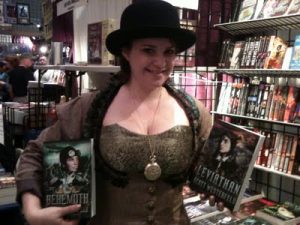On my Facebook page, the other day, I lamented the fact that lost in the present debate over PC terminology surrounding the Self-Publishing v. Traditional Publishing debate are some good points about contracts, quality and other concerns. This led to a discussion between fellow author David Boop and I about what distinguishes good from bad and the key element mentioned was editing. Self-Publishing authors, even Print On Demand presses, who do not approach publishing with the same professionalism as traditionally published pros in regards to edited, polished presentation of their work are the ones who tend to cause both readers and fellow authors a lot of frustration and concern. Of course, editing standards and taste do vary, so people might still find nitpicky complaints, but at least the polish and shine would be evident and the resulting works would meet a higher standard more comparable with other items you see coming out of more traditional presses.
But then someone jumped in with this comment, which really concerns me:
Regarding SP crap and typos, maybe there is a new day coming. Imagine, as John Lennon said, a world in which new authors are routinely forgiven, not condemned for typos and a few lapses in story development. Instead, readers seek out and find authors who have something new or entertaining to say, not giving a thought to the odd error here or there, because readers understand newcomers have little help, just their native storytelling ability. Don’t forget, it’s really all about readers and what they think these days, not publishers.
The commenter here is a writer and scientist. Although I have not read his work in either area so can’t verify credentials, let’s just take him at his word and instead address what concerns me about the comment. (To be fair, he now says he agrees with me on quality that he did not mean to imply that at all but I am still discussing this because the notion of authors being forgiven for lowered standards still disturbs me. And this quote is verbatim though I shall not name him.)
I hope that era never comes. Quality matters. Professionalism matters. Presentation matters. Grammar matters. Clear communication matters. It’s not just about ideas. It’s about craft. It’s an art. And I don’t believe it will ever cease to be an art nor should it. There will always be discerning readers and undiscerning readers. But any writer who is not concerned with growing and constantly striving to do better is short changing themselves and their readers both. There will also always be people who don’t care about such things but I hope they remain the minority because the lowest common denominator is no standard I want to work by. Do readers matter? Of course they do. The consumer always matters in a business. But taste is very subjective. And what helps you appeal to the broadest base of consumer has always been putting out consistently quality merchandise onto the market. The day quality stops being a concern because “people don’t care” would be a sad day for the literary arts and would ultimately lead to its destruction. Because the day people stop caring about making quality work is the day we begin to not care how our work engages, challenges, teaches, touches, and interacts with our audience. And the minute you start down that path you aim yourself at a standard which eventually means nothing you produce will be worth consuming.
The commenter’s point was he got ignored by traditional presses, self-published, got Hollywood interest and success so who needs them. My point back was that he’s an exception not a rule and one case does not a pattern make. In other words, he got lucky. It doesn’t negate concerns of quality nor the validity of traditional publishing as a route to success. I personally think any author who fails to educate him or herself about the business and every possible option to sell his/her work as well as how to achieve professionalism is playing the fool. If you don’t care enough to make your work the best it can be and to utilize all options to make it available, why should someone else care to go out and find it and spend money on it?
Books have gotten expensive. So have movies. I care very much about where my limited money goes in regards to such entertainment and I think I’m in the majority not the minority on that. If I pay $10 or more to see a movie and it sucks, I get pissed, which is why I don’t go to movie theaters as much any more and when I do go, it’s to matinees because they are cheaper. It’s why I don’t buy unknown hardbacks but instead buy paperbacks because until I know a book is worth adding to a permanent library with investment in a hardback, I am not risking my hard earned money on one. There are authors whose quality I consistently trust. I’ll go straight to hardback with them every time. I have rarely been disappointed. And that just brings me back to quality again. The only reason I know those authors’ work will be quality I can trust in is because they care about professionalism in how they prepare and present their work. I would buy work by any of these authors regardless of the publishing medium–traditional, self-published or POD–because I know their standards for themselves and their work and know that I will be getting a quality product in any of those cases if their name is attached. I won’t have to forgive lots off typos or gaps in story development. Those things won’t exist to distract me from the work itself. (Put aside for a moment the fact that I have yet to buy a single book where I can’t find at least two typos–that’s a lapse in copyediting practices and the nature of the beast rather than a failure to seek quality. And editing is far more than just grammar and typos–eliminating cliches, knowing tropes, positioning a book within the genre or market–there are so many factors an editor can bring to awareness and help polish).
I don’t buy the argument that newcomers have little help and that’s an excuse to put out work that doesn’t meet professional standards. There are editors and others who are available to work with anyone who is willing to invest the time and money to get it right. No one can really say those things are not available to them. They may be too lazy to look for them. They may not care (for more often the case, I fear). But they could achieve professionalism if they really cared about it and wouldn’t necessarily cost them an arm and a leg.
If the day comes when we don’t care about such things, it will be a great loss for all of us and for our society. We will have lost not only an opportunity to achieve greatness in literature (or at least try) but an ability to communicate well. And any society without good communication is doomed to ridicule from other societies which hold higher standards (they will always exist) and from future generations who recognize the failure, the trap it leads to, and how destructive it was. It’s a denigration of our legacy, in a sense. And that’s something I care not to be a part of. So, my commenting friend, I do hope you’re very wrong indeed.
For what it’s worth…
Bryan Thomas Schmidt is the author of the space opera novel The Worker Prince, the collection The North Star Serial, and has several short stories forthcoming in anthologies and magazines. His second novel, The Returning, is forthcoming in Summer 2012. He’s also the host of Science Fiction and Fantasy Writer’s Chatevery Wednesday at 9 pm EST on Twitter, where he interviews people like Mike Resnick, AC Crispin, Kevin J. Anderson and Kristine Kathryn Rusch. He can be found online as @BryanThomasS on Twitter or via his website. Excerpts from The Worker Prince can be found on his blog.
3 5-star & 8 4-star reviews THE WORKER PRINCE $3.99 Kindlehttp://amzn.to/pnxaNm or Nook http://bit.ly/ni9OFh $14.99 tpb http://bit.ly/qIJCkS.







